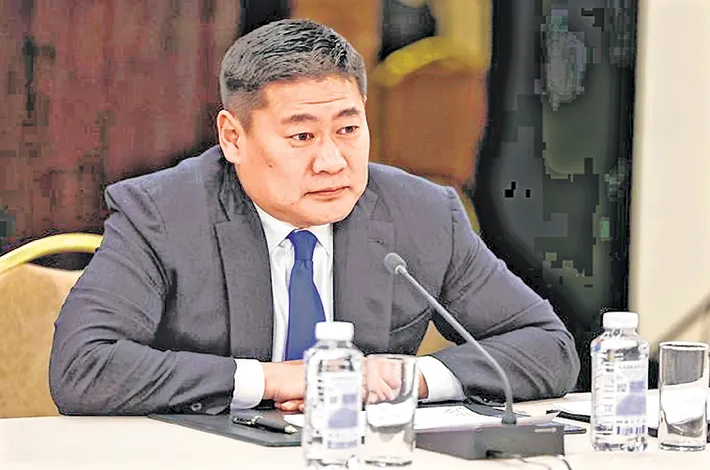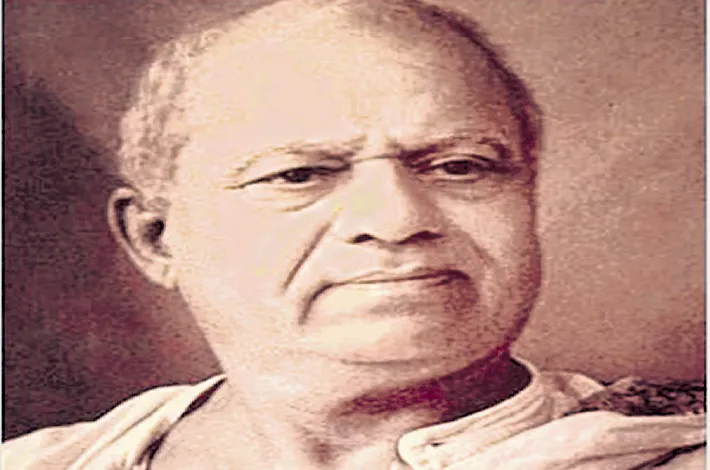Son’s lavish lifestyle triggers protests, Mongolia PM quits
04-06-2025 12:00:00 AM

Agencies Taipei
Resource-rich Mongolia is facing political uncertainty following the resignation of its prime minister early on Tuesday, in the wake of protests over endemic corruption in the landlocked Asian country squeezed between China and Russia.
Before he lost the confidence vote in the parliament, Prime Minister Oyun-Erdene Luvsannamsrai warned that his removal could undermine Mongolia's fledgling democracy. The vote followed weeks of protests sparked by reports of lavish spending by his son and calls for him to step down.
The reports, which cited expensive jewellery and helicopter rides for the son's female companion, underscored the vast gap between Mongolians who have grown extremely wealthy off the country's exports and much of the rest of the population, mired in poverty. Here is a look at why what is happening in Mongolia matters:
A fledgling democracy between two big powers Mongolia, a country of about 3.5 million people, borders Russia to the north and China to the south. Its stunning alpine mountains interspersed with vast deserts hold an abundance of coal, copper and other natural resources used in high-tech manufacturing.
The question of who benefits from the wealth has been a key issue since Mongolia began negotiating with foreign mining giants - rumours of secret deals and under-the-table payments have circulated for years. After Mongolia threw off Communism at the end of the Cold War, it lost generous Soviet Union aid packages.
Since then, it has been slowly becoming a democracy but is struggling to avoid falling into debt while holding Chinese and Russian interests at bay. China is a particularly important neighbour as its ruling Communist Party buys up 92 per cent of Mongolia's exports.








